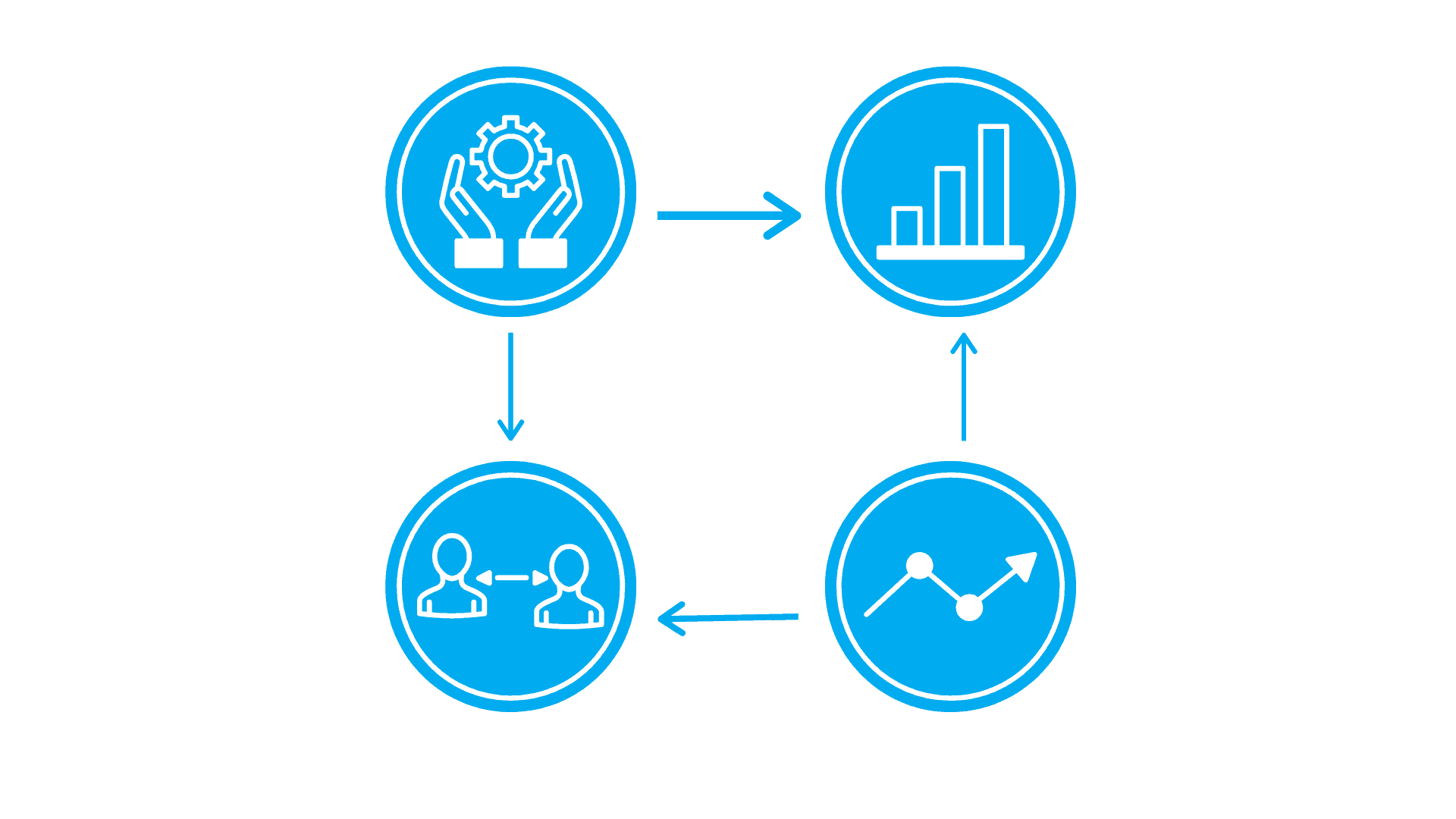Institutes put in a lot of effort to boost alumni engagement. But, how will you evaluate the success of any campaign that you’ve planned? Not only for alumni engagement but also for alumni relations in general, it is important to measure the outcome of all the practices adopted.
In our recent study, we communicated with over 200 institutions to understand what were some of the key metrics they feel important that needs to be tracked, do they have their own metrics to tracking alumni engagement, what do they want to validate by tracking the parameters, etc. Studying all the responses, we found some important metrics they wish to track for analyzing their alumni relations. The key metrics identified here are:
- Are alumni offices able to connect with its alumni?
The cornerstone of any alumni relations lies in how strong is the alumni connection, thereby alumni database! Maintaining an up-to-date alumni information is a task in itself. What alumni offices wish to evaluate here are few things- How many alumni profiles are updated, how many emails have been receiving my emails, is contact information of alumni up-to-date or not, etc. - How many alumni are getting engaged regularly?
This is important so as to know how deep is the relationship with alumni built. Alumni Offices are keen on learning the outcome of their alumni engagement efforts because it defines how much support will alumni offices receive from its alumni. - How accessible is alumni office to alumni community?
The third metric which alumni offices feel needs to be tracked for measuring strong alumni relations is their accessibility to the community. Alumni rely on institutes at so many levels even after graduate from the college. Alumni offices feel that this factor is important because they want to know how much support alumni requires from the institute and how are alumni offices fulfilling it in order to build meaningful relationship with them. - How are alumni contributing towards their alumni community? A community grows in itself! This is true to any alumni community as well. Not only to the institute, alumni offices also wish to learn how an alumnus is supporting his fellow alumni, how much support is an alumnus receiving from other alumni, etc. Alumni Offices long to make their alumni community self-sustainable and do evaluate that, they feel this is one of the important metrics that needs to be measured.
These 4 metrics have been broadly classified to include the most important parameters to identify the success and the strength of your alumni relations. Now, how do you evaluate all these parameters? Of course, you can assign one parameter to one team member and get the things done. But is that the smart way to do it?
With advancing technology, alumni platforms have replaced manual efforts and multiple tools used by the alumni offices for their alumni relations.
Learn how can these metrics be evaluated on alumni platforms:
- Alumni Connections is the first step towards building a vibrant alumni community and therefore, few things that you can measure here are:
- How many alumni have been actively interacting with the emails- how many emails have opened in the last 30 days?
- How many profiles have been updated in the past 6 months (%)?
- How many new alumni connections are built in the last few weeks or months, etc.
- To measure alumni engagement, some of the parameter alumni offices can measure are:
- What is the ratio of alumni registration and alumni participation in the events and reunions?
- How many alumni actively participate in the volunteering program?
- How many alumni respond to polls and posts put up in order to seek their feedback or response?
- How many alumni responded to the polls, online discussions, seminars, webinars, conferences, etc.
3. Alumni Offices Accessibility to alumni can be measured considering multiple factors like:
- How many alumni require and request for support of their alma mater?
- How many alumni request for transcripts?
- How many alumni request for campus facilities and accommodation?
4. One important question every alumni office must ask to itself is- WHY? Why do you think alumni want to connect with you and support you emotionally and financially? Once they graduate from college, they get occupied with their busy lives and tend to lose touch with their alma mater. They do not feel the need to connect back with the institute and do not require support. Therefore, it is important to learn how are your alumni contributing to the whole community rather than just the alma mater. Some of the factors that you measure here are:
- How many job or internship opportunities are being exchanged among the community members in the last few months?
- How many alumni have become mentors of the other alumni or students?
- How many alumni connect with each other on professional networking groups, business connect, interest groups, etc.
- How many alumni support other alumni who is travelling to his location/city, etc.
All these factors prove to be important metrics that must be evaluated in order to measure how fruitful your alumni relations efforts are. These metrics almost cover all the aspects of alumni relations management. These metrics is difficult to track manually and that is why alumni offices insist on relying on the alumni platforms built with cutting edge technology. These platforms not only facilitate in your alumni engagement but also proves to be very accurate and reliable for tracking performance. Drop a line to us on [email protected] if you like to learn more about the possibilities that AlmaShines Alumni Platform can create for you.





 March 21, 2022
March 21, 2022
